Services
Services provided by Dr. Karnani at Chester Neurology include evaluation and treatment of various neurological disorders
Neurology Care by Dr. Roshni Karnani – Serving Westchester, Manhattan, and New York
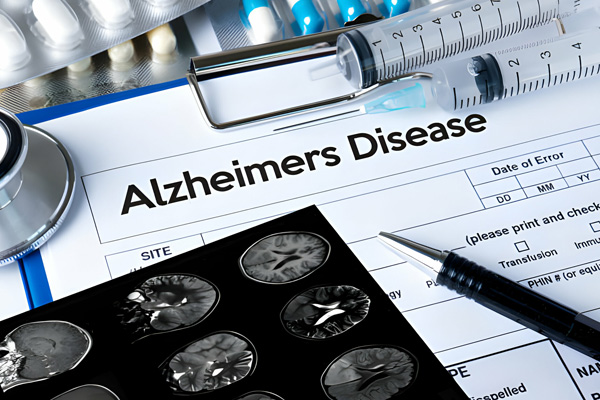
Alzheimer’s disease is a progressive neurological disorder that primarily affects cognition, memory, and behavior.
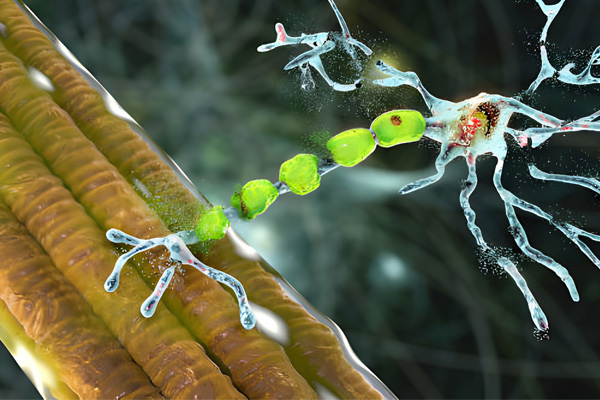
ALS is a progressive neurodegenerative disorder affecting the motor neurons in the brain and spinal cord.

Back & Neck Pain
Back and neck pain are common musculoskeletal complaints that affect millions of people worldwide.

Balance Disorder
Balance problems refer to difficulties maintaining stability and equilibrium while standing, walking, or performing daily activities.
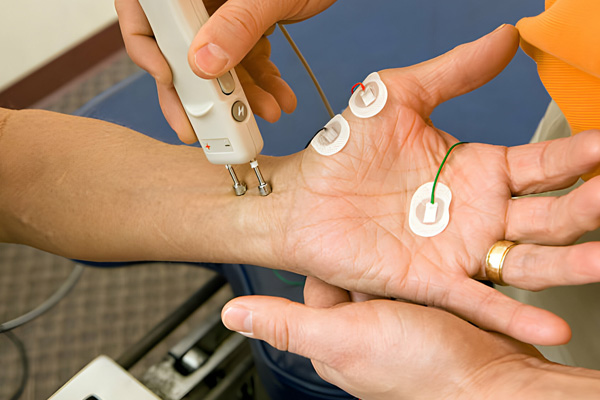
Carpal Tunnel Syndrome
CTS is a common condition that affects the hand and wrist, causing pain, numbness, tingling, and weakness in the fingers and thumb.
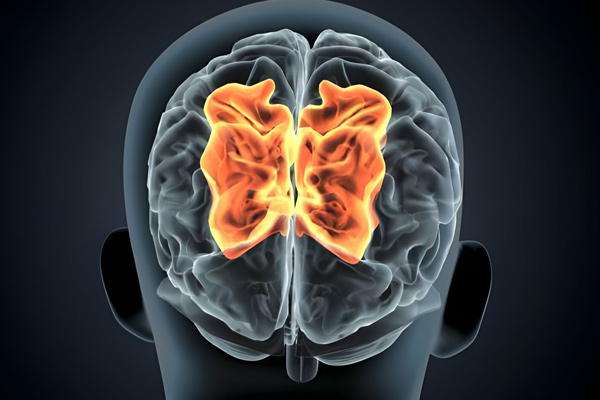
Central Nervous System Infections
Central nervous system (CNS) infections refer to microbial infections that affect the brain, spinal cord, and surrounding tissues.

Dementia
Dementia is an umbrella term used to describe a group of symptoms associated with a decline in cognitive function severe enough to interfere with daily life.

Dystonia
Dystonia is a neurological movement disorder characterized by involuntary muscle contractions that cause repetitive or twisting movements and abnormal postures.

Epilepsy
Epilepsy is a chronic neurological disorder characterized by recurrent, unpredictable seizures. These seizures are caused by abnormal electrical activity in the brain.

Essential Tremor
Essential tremor (ET) is a neurological disorder characterized by involuntary rhythmic shaking or tremors, typically affecting the hands, arms, head, voice, or other parts of the body during voluntary movements.

Headache
Headache is a common symptom experienced by people of all ages and backgrounds, characterized by pain or discomfort in the head or neck region.

Migraine
Migraine is a neurological disorder characterized by recurrent, severe headaches often accompanied by other symptoms such as nausea and vomiting.

Movement Disorders
Movement disorders encompass a diverse group of neurological conditions characterized by abnormal movements or impaired voluntary movement control.
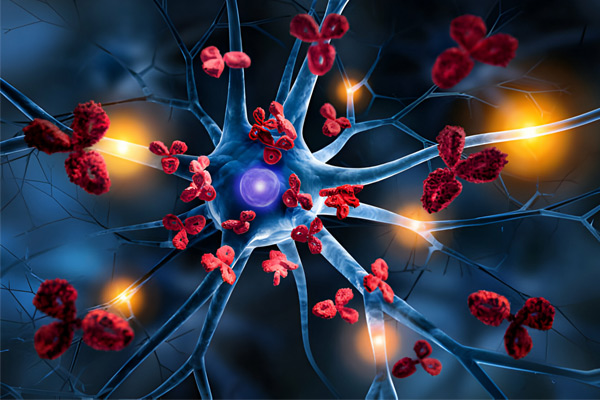
Multiple Sclerosis (MS)
Multiple sclerosis (MS) is a chronic autoimmune neurological disorder characterized by inflammation, demyelination, and damage.
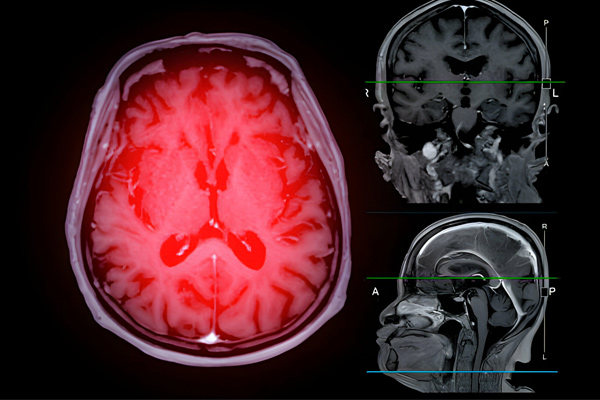
Multi System Atrophy
MSA typically presents with a combination of parkinsonian symptoms, such as bradykinesia (slowness of movement), rigidity, tremor, and postural instability.

Myasthenia Gravis
MG is a chronic autoimmune neuromuscular disorder characterized by muscle weakness and fatigue, particularly with repetitive movements.
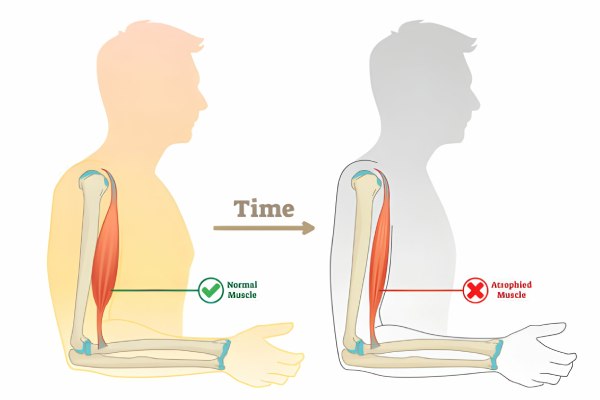
Myopathy
Myopathy refers to a group of disorders characterized by abnormal structure or function of skeletal muscles, leading to muscle weakness.
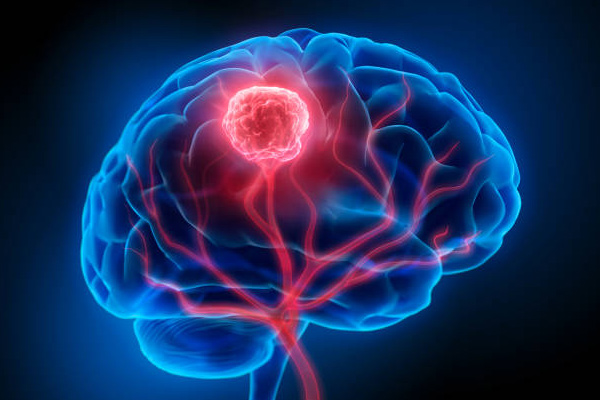
Nervous System Tumors
Nervous system tumors are abnormal growths of cells that develop within the central nervous system (CNS), which includes the brain and spinal cord.

Neuropathy
Neuropathy, also known as peripheral neuropathy, is a disorder characterized by damage or dysfunction of nerves outside the brain and spinal cord (peripheral nerves).
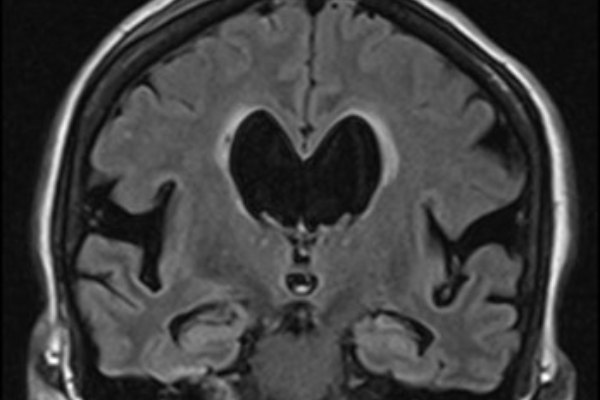
Normal Pressure Hydrocephalus
Normal pressure hydrocephalus (NPH) is a neurological disorder characterized by the abnormal accumulation of cerebrospinal fluid (CSF) in the brain.

Parkinson's Disease
Parkinson’s disease (PD) is a chronic and progressive neurodegenerative disorder characterized by the loss of dopamine-producing neurons in the brain.

Psychosis in Elderly
Psychosis in the elderly refers to a range of psychiatric symptoms characterized by a loss of contact with reality, including hallucinations and delusions.

Restless Leg Syndrome
Restless leg syndrome (RLS), also known as Willis-Ekbom disease, is a neurological disorder characterized by an irresistible urge to move the legs.

Reflex Sympathetic Dystrophy (RSD)
RSD, also known as Complex Regional Pain Syndrome (CRPS), is a chronic pain condition characterized by severe and persistent pain.

Sleep Disorders
Sleep disorders encompass a wide range of conditions that affect the quality, timing, duration, and patterns of sleep.

Stroke
Stroke, also known as cerebrovascular accident (CVA) or brain attack, is a medical emergency that occurs when blood flow to a part of the brain is disrupted.

Trigeminal Neuralgia
Trigeminal neuralgia is a chronic pain condition affecting the trigeminal nerve, which is responsible for sensation in the face.

Vertigo-Dizziness
Vertigo and dizziness are common symptoms that can arise from various underlying conditions affecting the vestibular system, inner ear and central nervous system.
Request an appointment today!
Diagnostic and Therapeutic Procedures
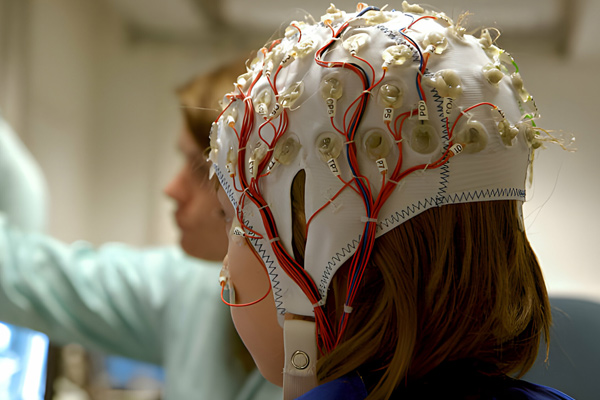
EEG is a diagnostic test used to monitor brain electrical activity (EEG) while simultaneously recording video of a patient’s behavior over an extended period, typically 24 to 72 hours.
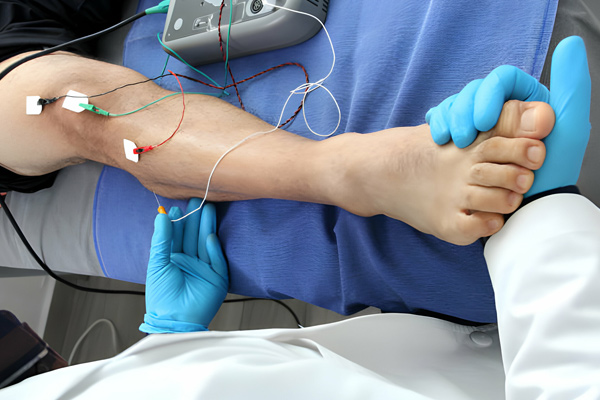
Electromyography (EMG) and Nerve conduction study (NCS)
Electromyography (EMG) and nerve conduction study (NCS) are two complementary diagnostic tests commonly used to assess the function and integrity of the peripheral nervous system.
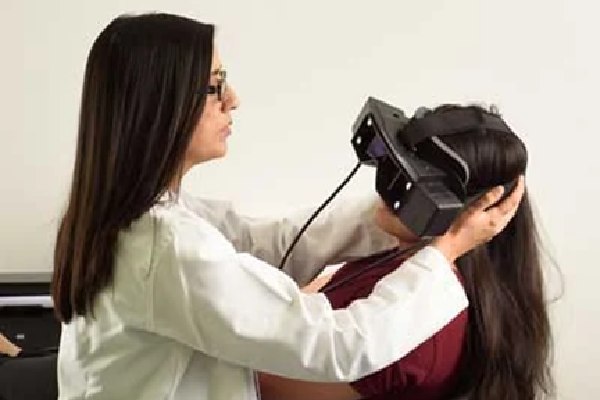
Videonystagmography (VNG)
VNG is a specialized diagnostic test used to assess and analyze eye movements, particularly nystagmus, in order to evaluate vestibular function and diagnose disorders of the inner ear and balance system.
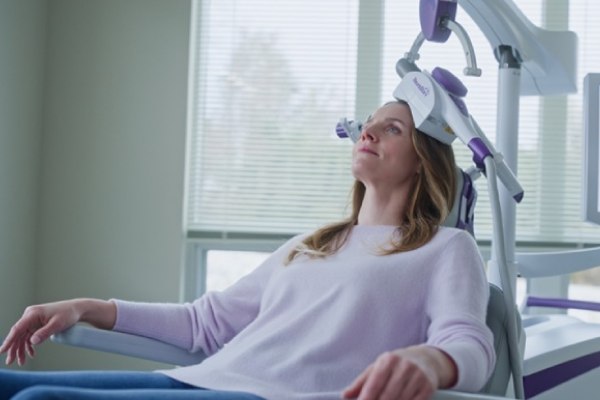
Transcranial Magnetic Stimulation (TMS)
TMS is a non-invasive neurostimulation technique used to modulate neural activity in the brain by delivering magnetic pulses to targeted regions of the cortex through the scalp.
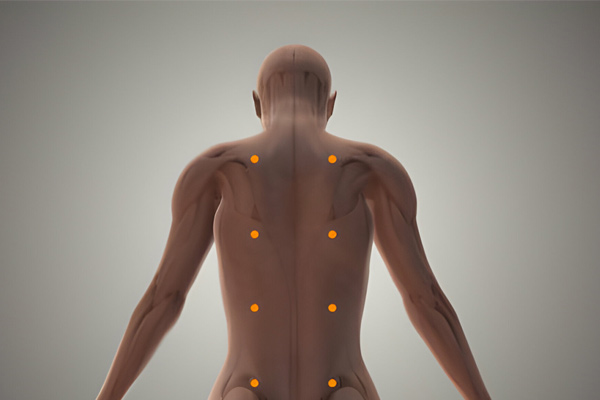
Trigger Point Injections
TPI are a common medical procedure used to alleviate muscle pain and discomfort associated with trigger points, which are localized areas of muscle spasm or tension.
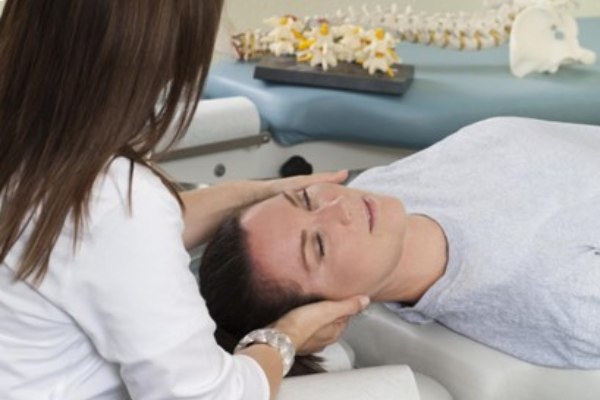
Canalith Repositioning
CRM also known as canalith repositioning procedures or particle repositioning maneuvers, are therapeutic techniques used to treat benign paroxysmal positional vertigo.
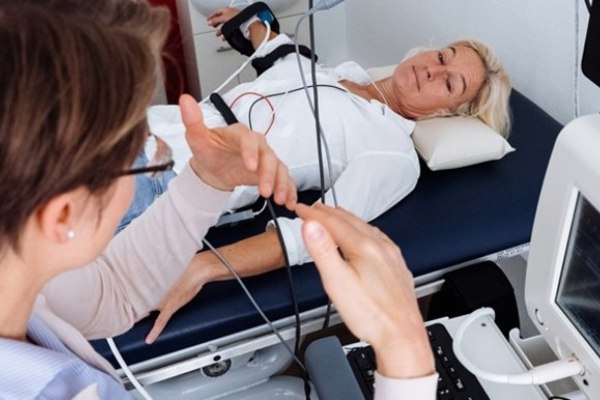
Autonomic Nervous System Testing

SPRAVATO®
SPRAVATO is a prescription nasal spray containing esketamine approved by the FDA for treating Treatment-Resistant Depression (TRD) and Major Depressive Disorder (MDD) with suicidal thoughts and actions.



